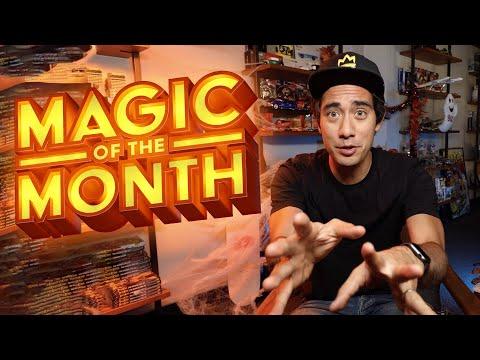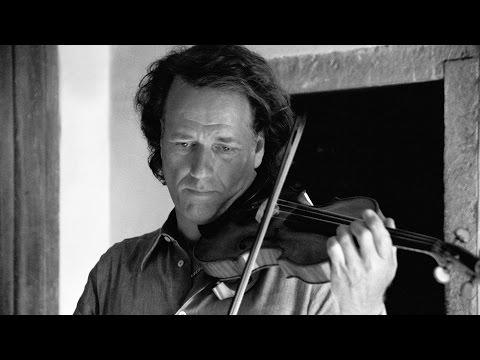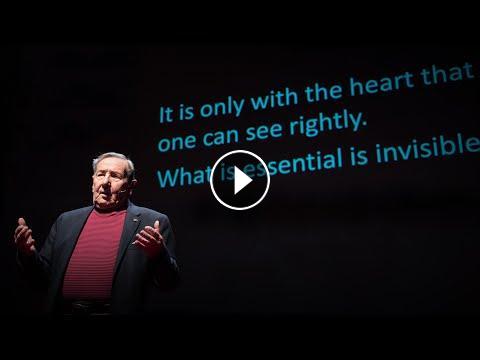Holocaust survivor Werner Reich recounts his harrowing adolescence as a prisoner transported between concentration camps — and shares how a small, kind act can inspire a lifetime of compassion. "If you ever know somebody who needs help, if you know somebody who is scared, be kind to them," he says. "If you do it at the right time, it will enter their heart, and it will be with them wherever they go, forever." The TED Talks channel features the best talks and performances from the TED Conference, where the world's leading thinkers and doers give the talk of their lives in 18 minutes (or less). Look for talks on Technology, Entertainment and Design -- plus science, business, global issues, the arts and more. You're welcome to link to or embed these videos, forward them to others and share these ideas with people you know.
Video Script::
Translated by: Lisette Feenstra Checked by: Rik Delaet In the beautiful book 'The Little Prince' state the following text: "Only with the heart we see things as they really are. The most important thing is invisible. " And while the writer wrote these words from an easy chair somewhere in the United States, I learned the exact same lesson far away in a filthy barrack in an extermination camp in Poland. It does not matter whether a gift is expensive or large, what counts is how you carry it in your heart. When I was six years old left my mother, my father, my sister and me Jew-hateful Germany to go to Yugoslavia. We had seven wonderful years there, until Germany invaded the country, and we were suddenly persecuted again, and I had to go into hiding. I went into hiding for about two years with a couple who worked for the resistance. I developed films and I made enlargements. One day, I was fifteen years old at the time, I was arrested by the Gestapo, beaten up, and dragged from prison to prison for two months, to end up in a 150-year-old fortress in Czechoslovakia, that the Nazis had converted into a concentration camp. I was there for a total of ten months. I laid train tracks, i exterminated vermin, and I made baskets. And after ten months 2,000 of us were loaded into livestock trucks, the doors closed, and we were transported to the east. The journey lasted three days, and when we were unloaded, we stank of urine and excrement, and we arrived at the Auschwitz extermination camp. A camp that at that time had already killed more than one million people, and she had sent it up through the chimney. When we arrived, they took all our belongings from us, nothing we could keep, and they gave us striped uniforms, we got a tattoo on our arms, and the message was that we had to stay there for exactly six months. And then we would leave the camp. Down the chimney. They divided us into various barracks. Wooden bunk beds were everywhere in the barracks, six people per layer, three people slept one way and three the other, which made you - no matter how you slept - always got a few feet in your face. The man next to me was an amiable gentleman who introduced himself as Mr. Herbert Levine. Mr. Levine was kind and polite. When I returned from my work assignment one day, I climbed the bed and when I reached the top layer, Mr. Levine sat there with a pack of cards. He was shaking the cards. And I didn't get it, because have a pack of cards in Auschwitz, is like discovering a gorilla in your bathroom. (Laughter) That you think: what is that beast doing here? Then Mr. looked Levine me and held up the cards for me and said, "Take a card." So I chose a card and he did a card trick. It had something magical about it. I had never seen a card trick, and the man who did it sat right in front of me. What Mr. Levine did then was unthinkable. He started explaining the trick to me. His words were engraved in my memory. I knew everything, and since then I practiced the trick every day. It didn't matter that I didn't have any cards. (Laughter) I continued to practice calmly. Three weeks later, the whole camp, with the exception of a few hundred men, sent to the gas chamber. I was taken to another camp, where I worked in the stables, and in January 1945, when the Russians advanced, 60,000 of us were sent on a death march. We walked for three days, with an occasional break, and it was in the middle of winter, and by the time we arrived at the railway line, were of the 60,000 people 15,000 died. The rest of us were loaded into open train wagons and shipped from Poland to Austria in four days. We ended up in a death camp, the Mauthausen concentration camp, also a former fortress. The SS then left us to our own devices, without food, on a site that was strewn with thousands of bodies. I slept for three days next to a dead man, so I got his ration from one spoonful of moldy bread. On three May, two days before the end of the war, we were liberated by the Americans. I was seventeen years old at the time and only weighed 30 kg. I was then lifted back to Yugoslavia. When I got there, Communism was in power. I couldn't find my family anywhere and my friends were also without a trace. I stayed there for two years, and then I managed to flee to England. But once I arrived in England, I didn't speak the language, and I had no education or experience. I went to work and a year after my arrival I bought a pack of cards for myself. (Laughter) And then I did for the first time the trick I was taught in Auschwitz on top of the bunk bed. And he succeeded. Flawless. I showed him to some friends and they loved it. So I went to a magic shop and bought some magic tricks, which I also showed to my friends, so I bought more tricks, which I showed again. Then I bought magic books, and then more magic books. The boundary between hobby and madness is not always clear. (Laughter) I ended up getting married and left for the United States. For one of the first jobs I got there, I had to speak to groups of people. I discovered that I was good at it. And 25 years ago I retired. I then started speaking at schools. And I was only able to do that, because a nice man a frightened child had shown a card trick in a concentration camp. Mr. Levine, who had shown the trick, was a professional magician. He had worked in Germany and when he arrived in Auschwitz, he was recognized by the SS and they gave him a pack of cards, a piece of string and a few dice, and so he acted for them. He also learned some tricks. He survived the war himself, but his wife and son died. He went to the United States, where he performed in various places, but I've never seen him again. I never forgot the trick he taught me, and with that I now go to schools, hoping to make the world a little better. So if you ever meet someone who needs help, or know someone who is scared, then be nice to them. Give them advice embrace them, and teach them a card trick. (Laughter) It doesn't matter what you do you give them hope. And if it happens at the right time, then you will touch people deep in their souls and they will cherish it forever. Thanks. (Applause)
- Category
- Variety Inspirational
- Tags
- TEDTalk, TEDTalks, TED Talk, TED Talks, Compassion, History, War, Humanity






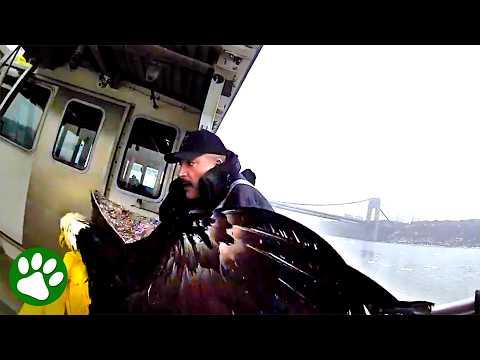

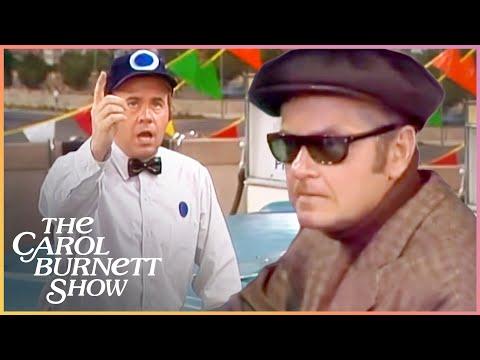

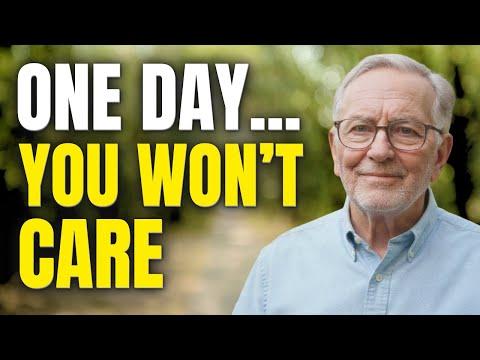




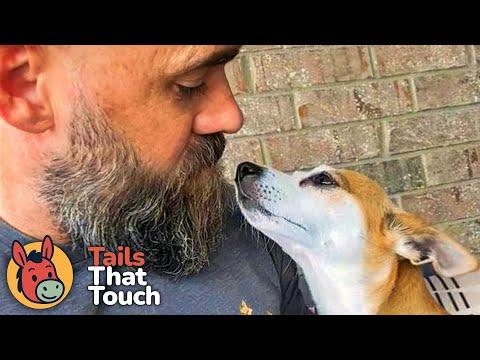


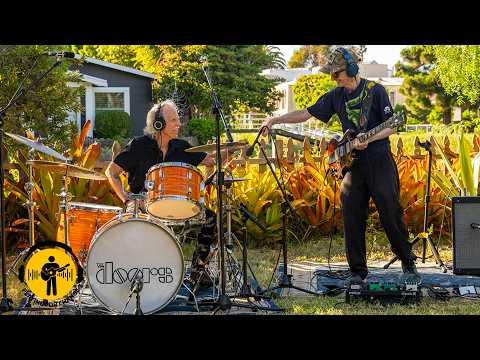

![Susan Werner - Herbicides [Live At WAMU's Bluegrass Country]](https://mvotd.com/uploads/thumbs/9aa7a14d5-1.jpg)
